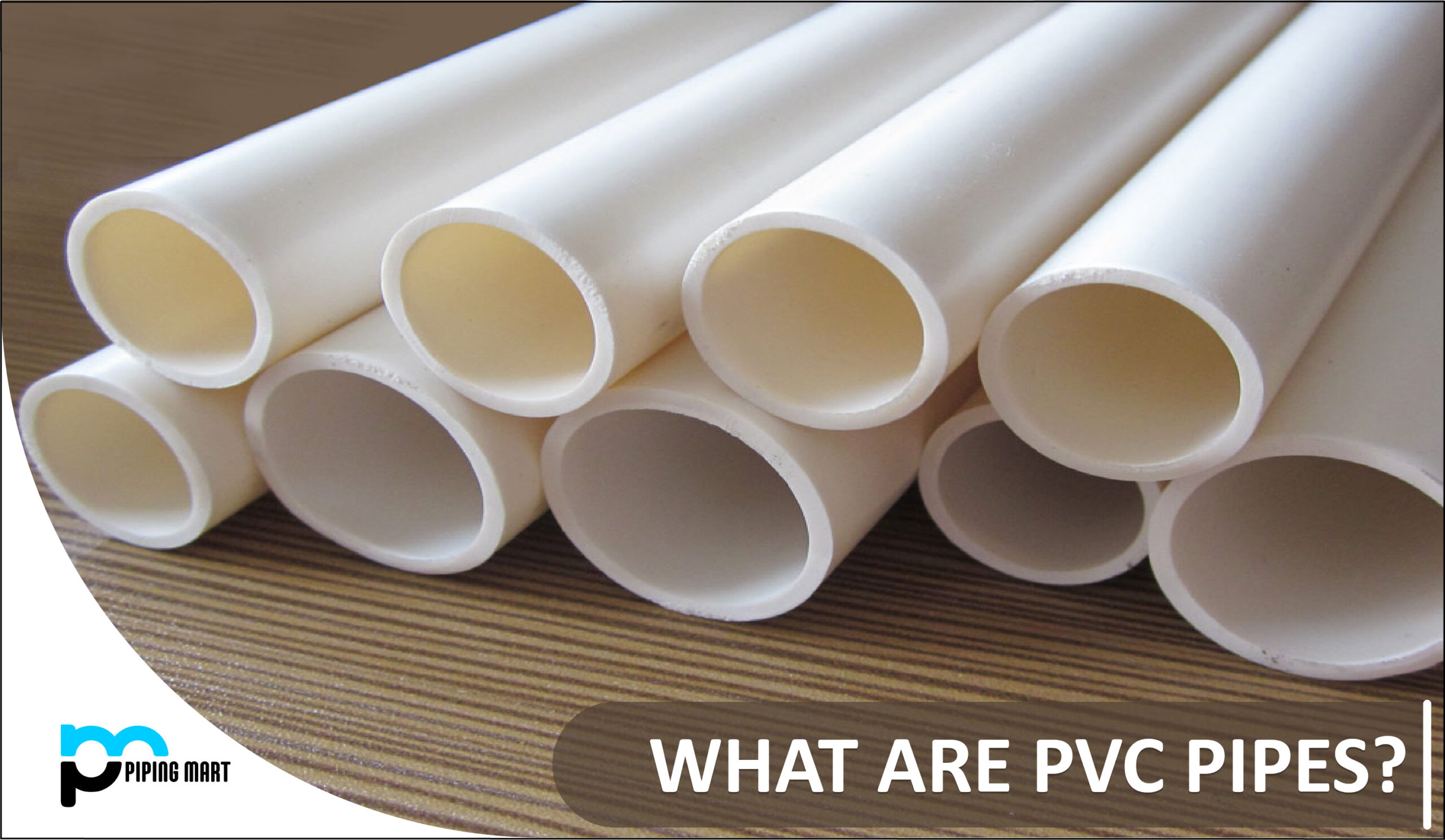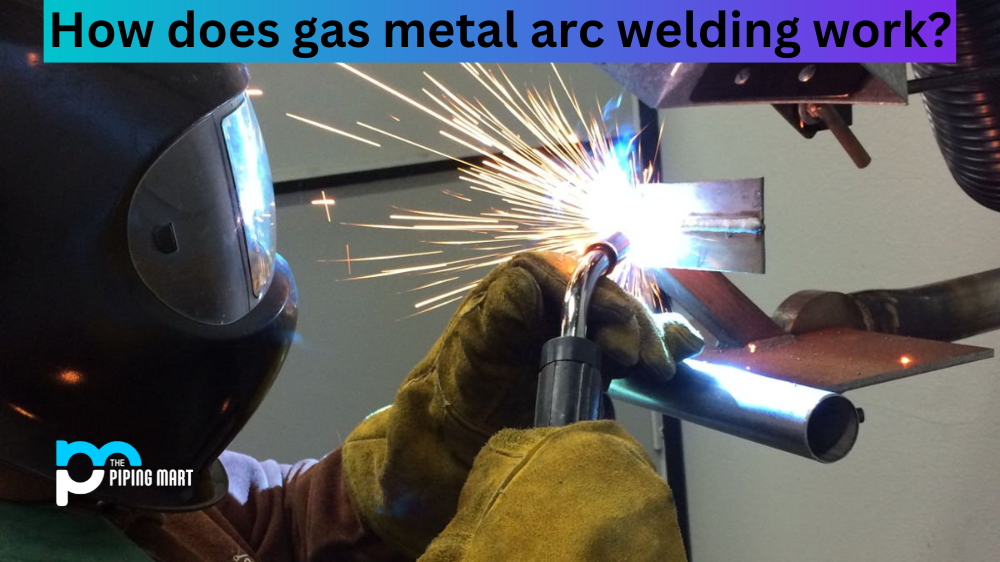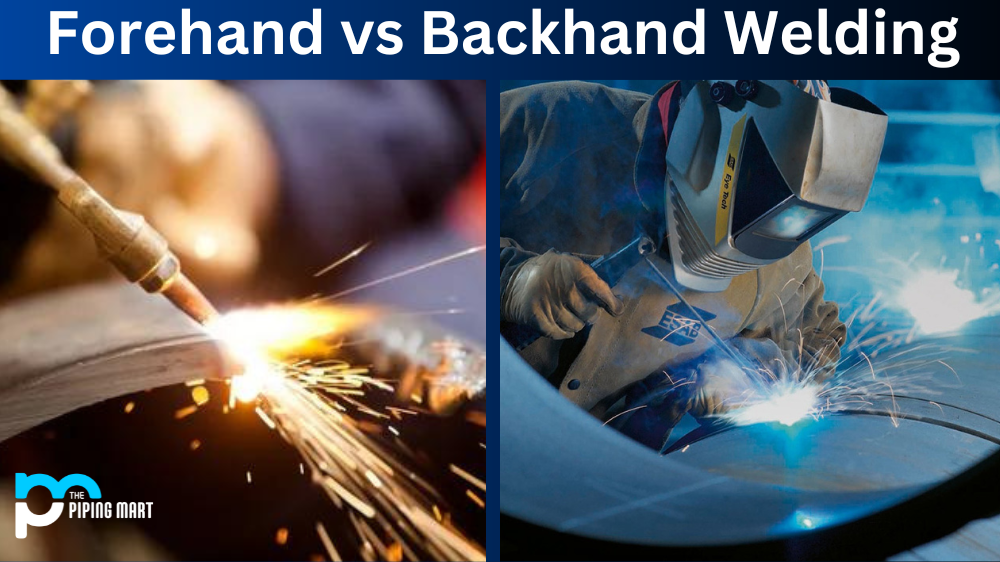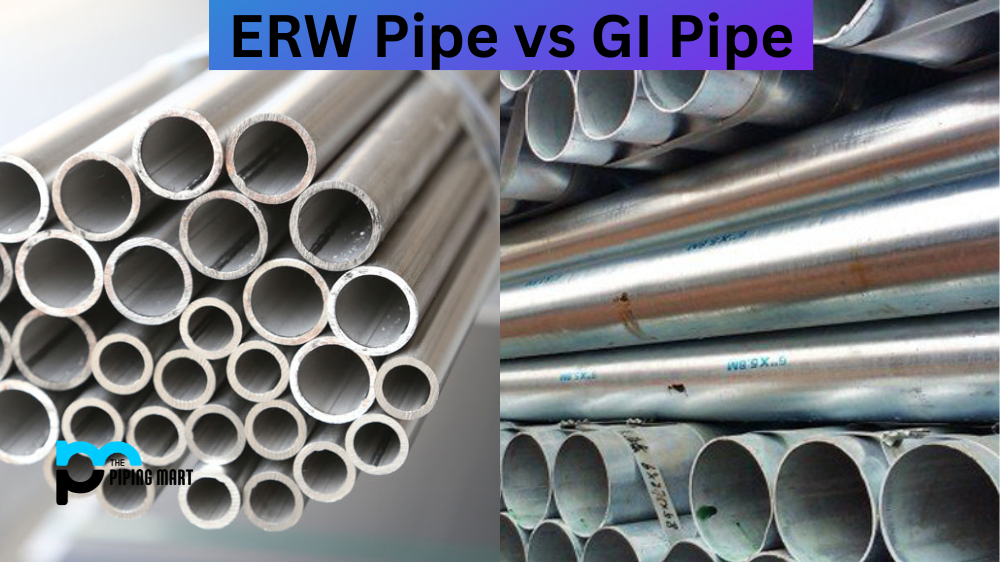Polyvinyl chloride is referred to as PVC. It is a polymer made of chlorinated hydrocarbons. It is brittle and stiff in its native state. But it becomes more flexible and resilient when coupled with chemicals like plasticizers. PVC pipes have excellent corrosion resistance, exceptional strength, and durability. They are affordable, durable, and come in a variety of sizes with a selection of pipe fittings. They can be applied to warm or cold water applications. PVC piping is widely accessible in the marketplace.
What are PVC pipes used for?
- PVC pipes are widely used in the water supply industry. PVC pipes make up the majority of the water main pipelines. PVC pipes are also used in large-scale irrigation systems and sanitary sewer networks.
- PVC pipes are utilized in plumbing, drainage, agricultural irrigation, power & telecommunications systems, and the ductwork of heating and cooling systems in both home and commercial environments.
- Utility companies use underground PVC pipes with a bigger diameter and a thicker wall to distribute drinking water across a network to homes and businesses.
- The PVC pipeline water supply system is adaptable to different terrains and soils, convenient, simple to automate, and flexible. In addition, irrigation efficiency is great, maintenance is simple, and water delivery is quick.
- PVC pipe fittings, including bends, branches, valves, brackets, and clips, are useful in a variety of pipelines and building projects. They can be applied to modernize pipeline systems that are more than a decade old but may be deteriorating. The integrity of the joints is the main source of a pipeline network’s fragility. To avoid having to redesign the entire network, PVC pipes can be utilized to strengthen the connection points.
How are PVC pipes made?
- Chemical reaction – The chemical gas called vinyl chloride is where these pipes first appeared. After being exposed to sunlight, this vinyl chloride undergoes a chemical process called polymerization, which results in the formation of a whitish solid. Chemicals are added to one another in order to produce the shape and firmness of a PVC pipe. In order to make ethylene, natural gas is heated. Cracking is the name of this procedure. As a result of electrolysis, chlorine and sodium hydroxide are produced after sodium chloride is created.
- Molecular bonding – The introduction of chlorine and ethylene results in vinyl chloride monomer. The PVC polymer is then formed by bonding individual molecules together at their ends. Plastic is consequently produced. Melted and shaped into the piping is this polymerized plastic, also known as thermoplastic PVC powder. Eventually, a PVC plastic tube is produced. Polyvinyl chloride (PVC) is the preferred material used for plumbing and underground wiring because it undergoes a chemical process that makes it very solid and rigid and makes it less likely to break during earthquakes. PVC can also withstand pressures that any metals cannot, making it less likely to break during earthquakes.
Benefits of PVC Pipes
- To be laid as pipelines, it is lightweight and simple to carry across long distances. This makes them environmentally friendly because less fuel is required to deliver them.
- Since it is bulk produced using a rather simple procedure, it is cost-effective.
- Because it is simple to form into various shapes, it is a material with many potential uses.
- PVC pipes are simple to set up, take apart, and maintain. When compared to traditional materials, it has a very low failure or break rate.
- PVC has a low carbon content, which results in less hazardous emissions during production. They may easily be salvaged from building trash and put to new uses, or they can be recycled from industrial waste.
- For the transportation of energy and water in many different industries, PVC pipes are the preferred medium. Their extensive use is mostly due to their great resistance to heat and corrosion.
- When compared to concrete and metal, PVC has less friction with moving liquids because of its flat surface. This makes it a preferred substance for pipelines that transport water.

Pipingmart is B2B portal specializes in industrial, metal and piping products. Also, share latest information and news related to products, materials and different types grades to help business dealing in this industry.




